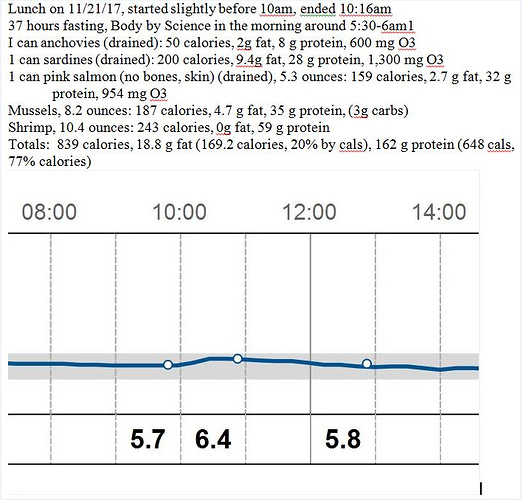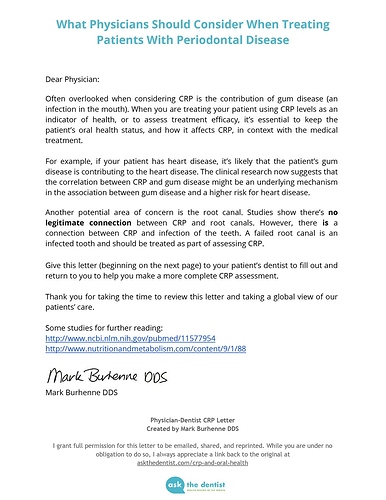apologies to @Q66 for taking an excursion away from Vitamin K2 toward Vitamin C and collagen.
Loose teeth are a symptom of a list of things. more than I know or researched. It seems many people dream of loose teeth or losing teeth  . But it is also a symptom of scurvy.
. But it is also a symptom of scurvy.
It makes me think about collagen synthesis and in particular the dental ligament that helps hold teeth steady in their sockets. There are other contributing connective tissues that keep teeth steady as well. Connective tissue having a collagen matrix.
Amber O’Hearn makes a very interesting observation that metabolic syndrome, where many of us start the ketogenic diet investigative journey, is a latent form of scurvy. At about 25 minutes in where she talks about Vitamin C.
If my teeth were loose, I’d look at my collagen health. Consider the amino acid building blocks such as glycine (bone broth) and whether supplementing a small amount of Vitamin C for a short time was indicated, especially if the keto WoE had become unbalanced due to enthusiastic n=1 tinkering.
In my case it wasn’t loose teeth, it was poor healing from frozen shoulder.


